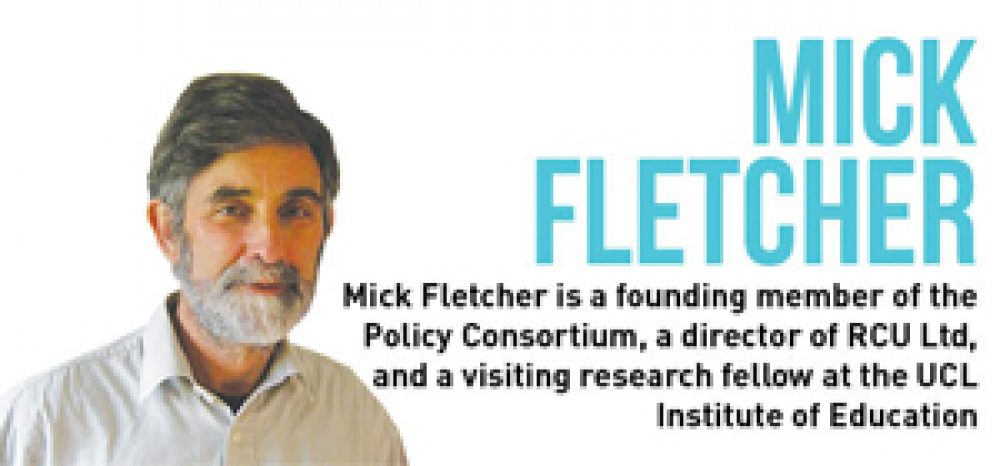Chartered status must not simply be another quality mark: it should reflect the capacity of an institution to work with all its partners to help to shape what is on offer to its community, says Mick Fletcher
The proposal to develop chartered colleges offers the prospect of underpinning the freedoms and flexibilities that government seems to want for FE, and of signalling a distinct and valued status for FE institutions comparable with HE. But the consultation on the proposal risks vitiating the whole agenda.
The core confusion is that the Department for Business, Innovation and Skills (BIS) seems to see chartered status as another quality mark. Chartered status would be awarded to institutions that score well on a range of indicators, some already in existence and others yet to be invented. The consultation seeks views on which ones. It is doubtful, though, whether the sector itself or those it seeks to serve would benefit from yet another quality indicator; it could become another logo to gather dust in the lobby.
Chartered status should be about something else; about trusting an institution to do the right things, not just to do what it does well. In specific terms it should reflect the fact that an institution can demonstrate genuine accountability to a range of internal and external stakeholders so that it can be trusted to determine what programmes it should offer, where and to whom.
It should reflect the fact that the institution’s internal processes demonstrate integrity in designing its offer, in recruiting its students and reporting their achievement.
In this context the idea that local education partnerships (LEPs) should ‘sign off’ applications for chartered status is profoundly misconceived. LEPs are important partners, but only one of a range of stakeholders whose interests need to be reflected in college plans. Real local accountability is not achieved privileging the views of one actor amongst many.
Chartered status should be about trusting an institution to do the right things”
It is probable that well-run colleges will deliver high quality and demonstrate genuine accountability, but the two are not the same and the one does not follow from the other. Outstanding success rates are no guarantee that an institution is highly responsive to the communities it ought to serve, nor indeed that it plans provision and recruits with integrity. A deep and genuine understanding of local need should not be discounted because of a weakness in some areas of delivery.
The confusion in BIS builds on a more widespread confusion in Whitehall that allowing a degree of local autonomy is a reward for good behaviour, not an outcome in itself with benefits for communities. We need institutions that are committed to researching local needs, and to explaining themselves and their performance to their full range of stakeholders.
The beneficiaries are local employers and communities, not college staff. This is why the Colleges in the Community report called for much greater scope for colleges to determine what they offer; it was why the Lingfield Review argued for colleges to have greater control over the qualifications they deliver.
Chartered status should reflect the capacity of an institution to work with the full range of partners to help to shape the local offer. It could provide the rationale for funding via grant-in-aid rather than by contract; and it should be accompanied by substantial freedom for a college to develop and deliver its own programme rather than choose from a central menu. Most colleges should achieve the status despite differences in quality, much like HE.
But chartered status will not be appropriate for many training providers, despite their excellent work. A for-profit training company, for example, has to be accountable to its shareholders, not its community.
There may be good grounds for recognising the excellence of its training if it is felt that the Ofsted grading is inadequate, but a different word should be chosen – ‘licensed’ or ‘accredited’ training provider for example; and it should continue to be funded by contract. If training providers were to become chartered, which should not be ruled out, they would have to look a lot more like FE colleges.
Mick Fletcher is an FE Consultant









Your thoughts